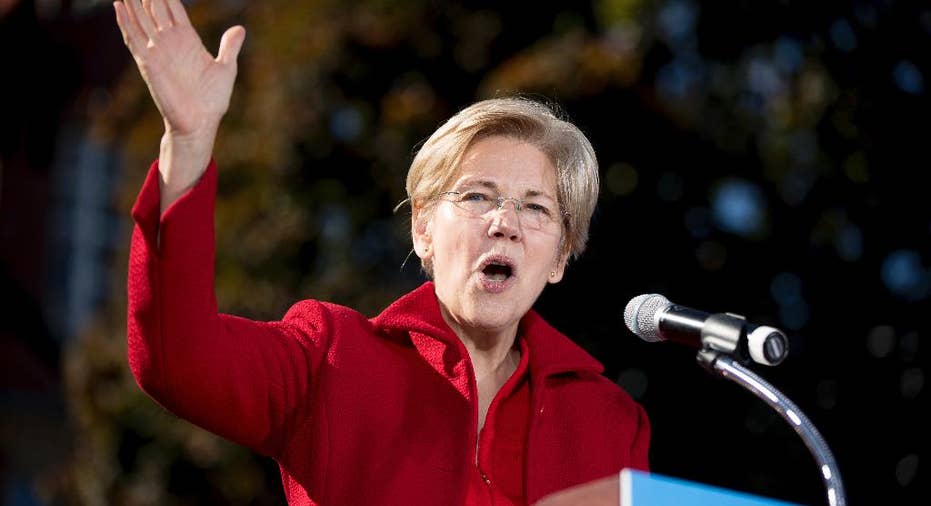GOP prepares for House vote on medical research bill

WASHINGTON – Democrats pressed for changes Tuesday to a $6.3 billion medical research bill as Republican leaders prepared to try pushing the measure through the lame-duck Congress by next week.
With the House planning to consider the 996-page package on Wednesday, many Democrats wanted stronger language to assure that the money the legislation outlines for research and combatting drug abuse would actually be provided by future Congresses.
Some were also unhappy with the measure's acceleration of government approval processes for drugs and medical devices, and with cuts it would make in existing health programs to finance the measure. Liberal Sens. Bernie Sanders, I-Vt., and Elizabeth Warren, D-Mass., called the bill a giveaway to drug companies.
But with Donald Trump replacing a more supportive President Barack Obama in just two months, it was unclear how much leverage Democrats had and how many changes Republicans were willing to make. With both parties able to claim victories for boosting research and anti-drug funds, House passage on Wednesday seemed likely, with Senate votes expected next week.
In remarks Tuesday to the Senate, Minority Leader Harry Reid, D-Nev., said there is "some angst" among Democrats about the bill and said he was expecting it to be changed, but was not specific.
White House spokeswoman Katie Hill voiced support for added research and drug abuse spending but said officials are reviewing the legislation "while conversations continue in Congress."
Sanders said Tuesday that Congress must "stand up to the world's biggest pharmaceutical companies, not give them more handouts." In a ferocious attack on Republicans in a Senate speech on Monday, Warren pushed fellow Democrats to oppose a bill she called "corrupt" and "very, very dangerous."
The opposition by Sanders and Warren was noteworthy because it comes as progressives and moderates are struggling over the direction the Democratic Party should take in the wake of its defeats on Election Day. Hillary Clinton lost her White House bid to Trump and Democrats remained in the House and Senate minority, making only small gains in each chamber.
The bill would let the Food and Drug Administration approve drugs and medical devices more quickly — which consumer groups say is dangerous — and would also bolster federal mental health programs. It lays plans for $4.8 billion in additional spending over the next decade for cancer, brain and other biomedical research at the National Institutes of Health, $1 billion for grants to states for drug abuse prevention and treatment over the next two years and $500 million for the FDA to streamline its approval procedures.
Top Republicans announced the research bill last week, more than a year after the House approved an earlier version by an overwhelmingly bipartisan margin.
Sanders and Warren both complained that the bill's money is not guaranteed and must be released in later legislation by Congress. They also criticized the legislation's savings, which includes cuts in a public health program under Obama's health care law, reduced payments under Medicare and Medicaid and oil sales from the government's strategic petroleum reserve.
All but demanding that her party follow her lead, Warren — mentioned as a possible 2020 presidential candidate — said, "Republicans will control this government, but they cannot hand that control over to big corporations unless Democrats roll over and allow them to do so."
She said the research bill would "legalize fraud" by reducing the scientific evidence the government needs to approve existing drugs for new uses. She said it would "cover up bribery" by exempting medical companies from publicly reporting some payments they make to doctors.
Sen. Charles Grassley, R-Iowa, chairman of the Senate Judiciary Committee, said Monday that he wanted the removal of a provision letting companies not report some of those payments. Consumer groups have complained that the money encourages doctors to prescribe those firms' products.
No. 3 Senate Democratic leader Chuck Schumer of New York is also trying to remove that provision, a Democratic aide said. Some aides said the provision seemed likely to be erased from the final bill.



















